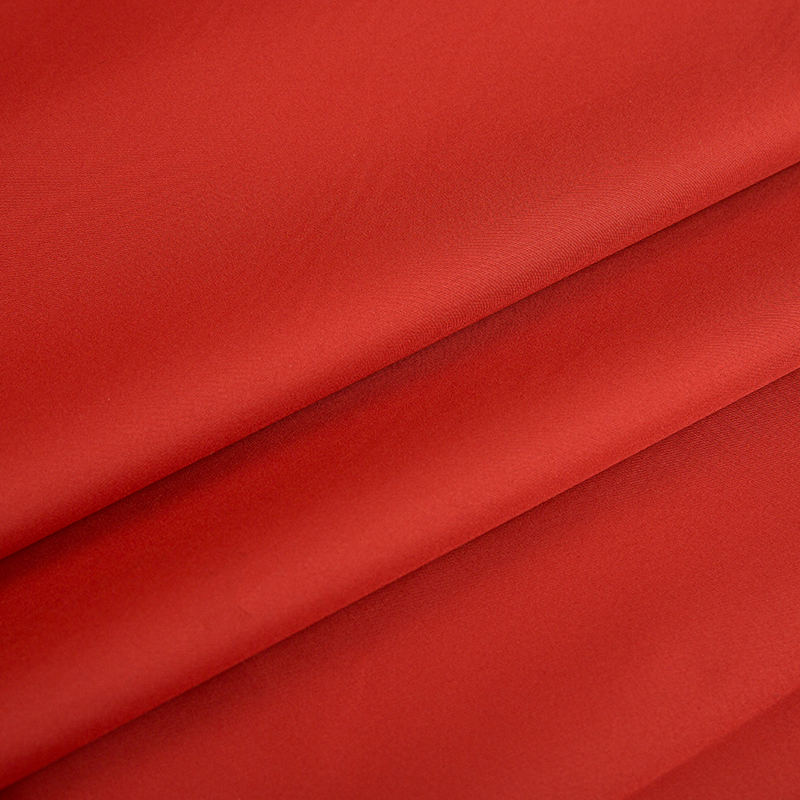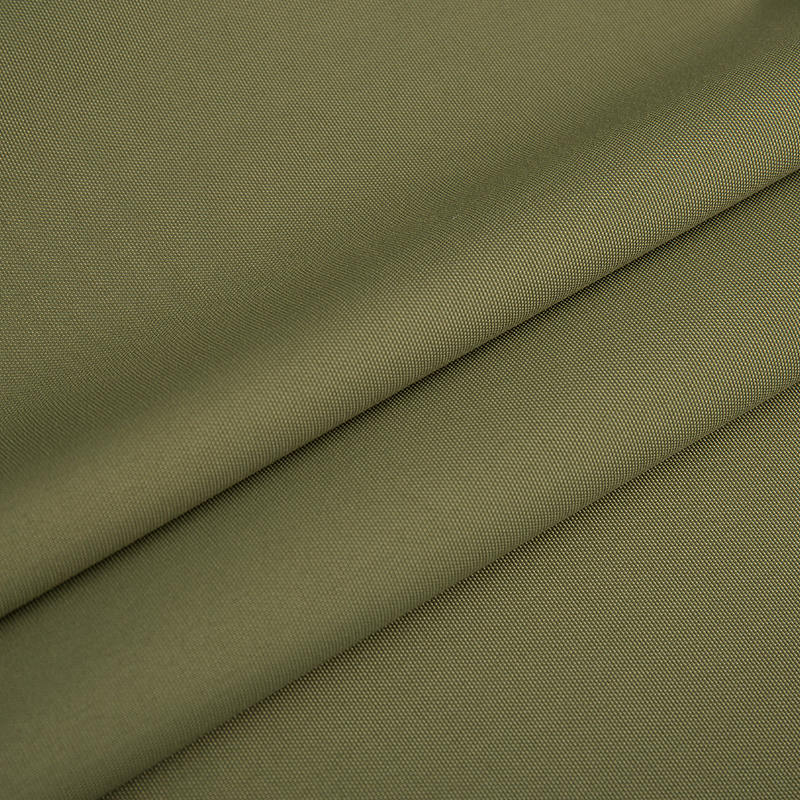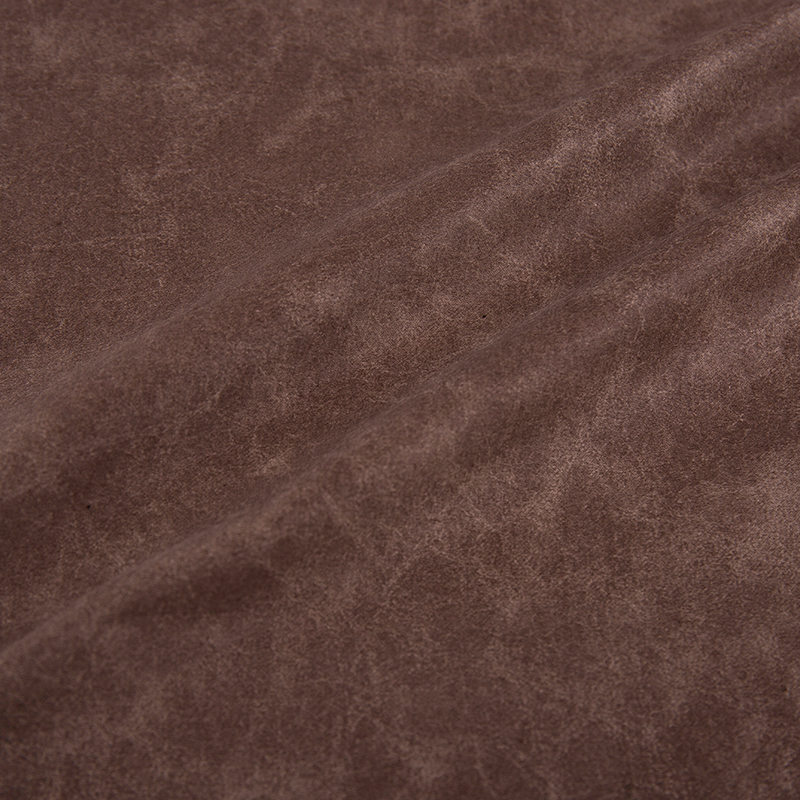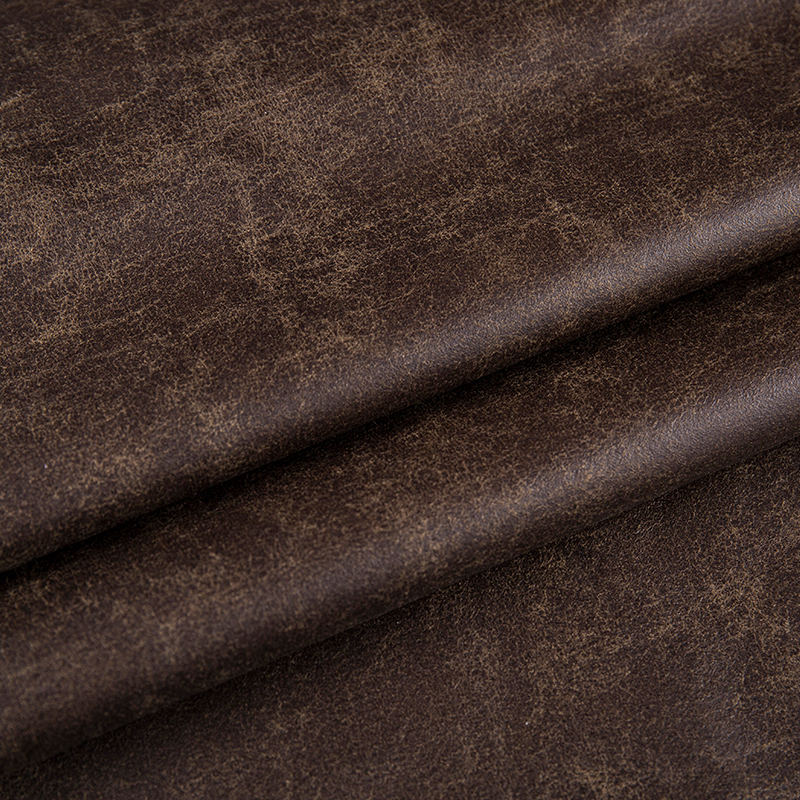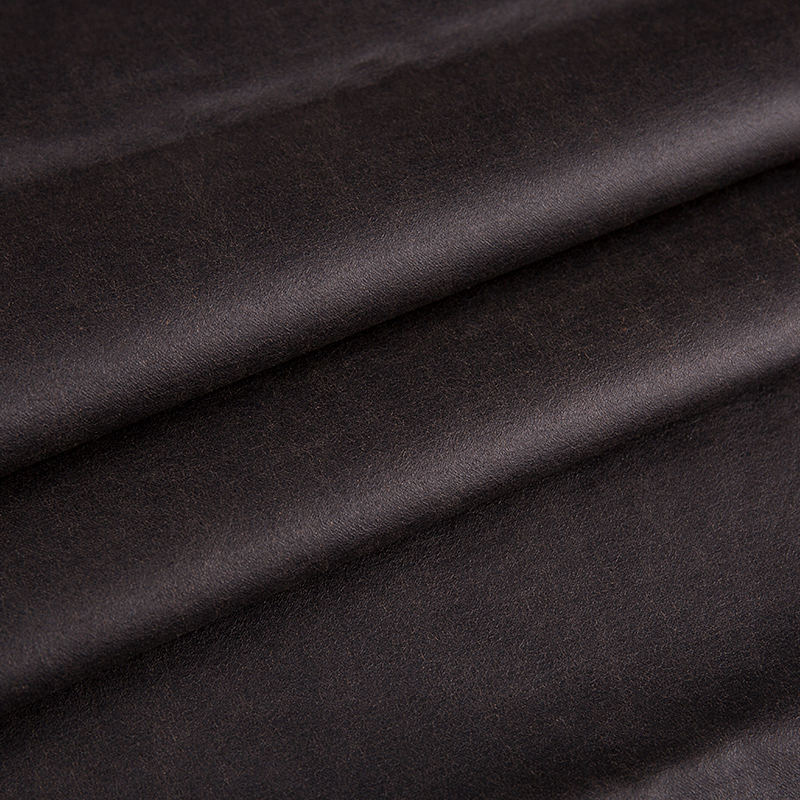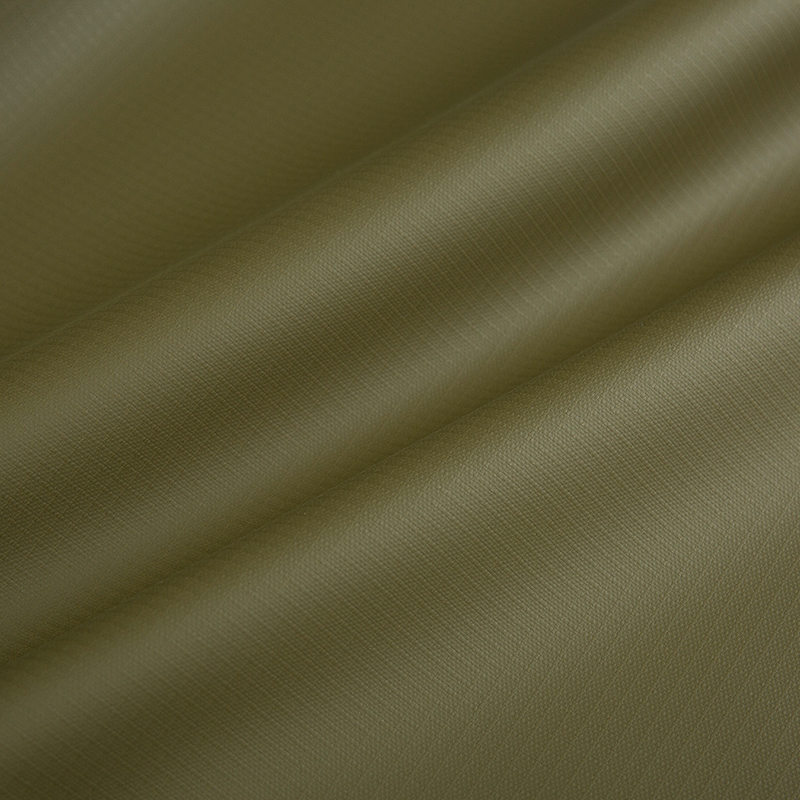Recycled eco-friendly fabrics are textiles made from recyclable materials, designed to reduce the impact on the environment. The production process of this fabric usually involves converting discarded textiles, plastic bottles, industrial waste, etc. into new fibers, which are then made into cloth. Here are some common types and characteristics of recycled eco-friendly fabrics:
1. Recycled polyester fiber: Fibers made by recycling plastic bottles and other polyester products, commonly used in sportswear, outdoor equipment and home textiles.
2. Recycled cotton: Cotton fibers are reprocessed into new yarns by recycling old clothes and textiles for clothing and home furnishings.
3. Recycled wool: Wool fibers are reprocessed by recycling old wool products for clothing and accessories.
4. Recycled nylon: Fibers made by recycling nylon waste, such as fishing nets and old clothes, are commonly used in swimwear, sportswear and fashion apparel.
5. Recycled acrylic: Fibers made by recycling acrylic waste, such as old clothes and industrial waste, are used to make warm clothing and home textiles.
6. Recycled silk: Fibers made from recycled silk waste, such as old clothes and byproducts from the production process, are used to make high-end fashion clothing.
7. Recycled linen: Fibers made from recycled linen waste, such as old clothes and byproducts from the production process, are used to make clothing and home textiles.
8. Bio-based fibers: Such as polylactic acid (PLA) fibers, which are made from renewable resources such as corn starch, are biodegradable and environmentally friendly.
The advantages of recycled environmentally friendly fabrics include:
- Reduced waste: Through recycling, waste generation is reduced.
- Resource conservation: Reduced demand for new raw materials, such as oil and water resources.
- Reduced carbon footprint: Compared with traditional fabric production, the production process of recycled fabrics generally consumes less energy and produces less greenhouse gases.
- Improved sustainability: Supporting a circular economy and promoting sustainable development.
However, the production and processing of recycled fabrics needs to ensure the quality and safety of the fibers to meet consumer requirements for textile performance and durability. At the same time, consumers' awareness and acceptance of recycled and environmentally friendly fabrics are also increasing, which will help drive the entire textile industry towards a more environmentally friendly direction.



